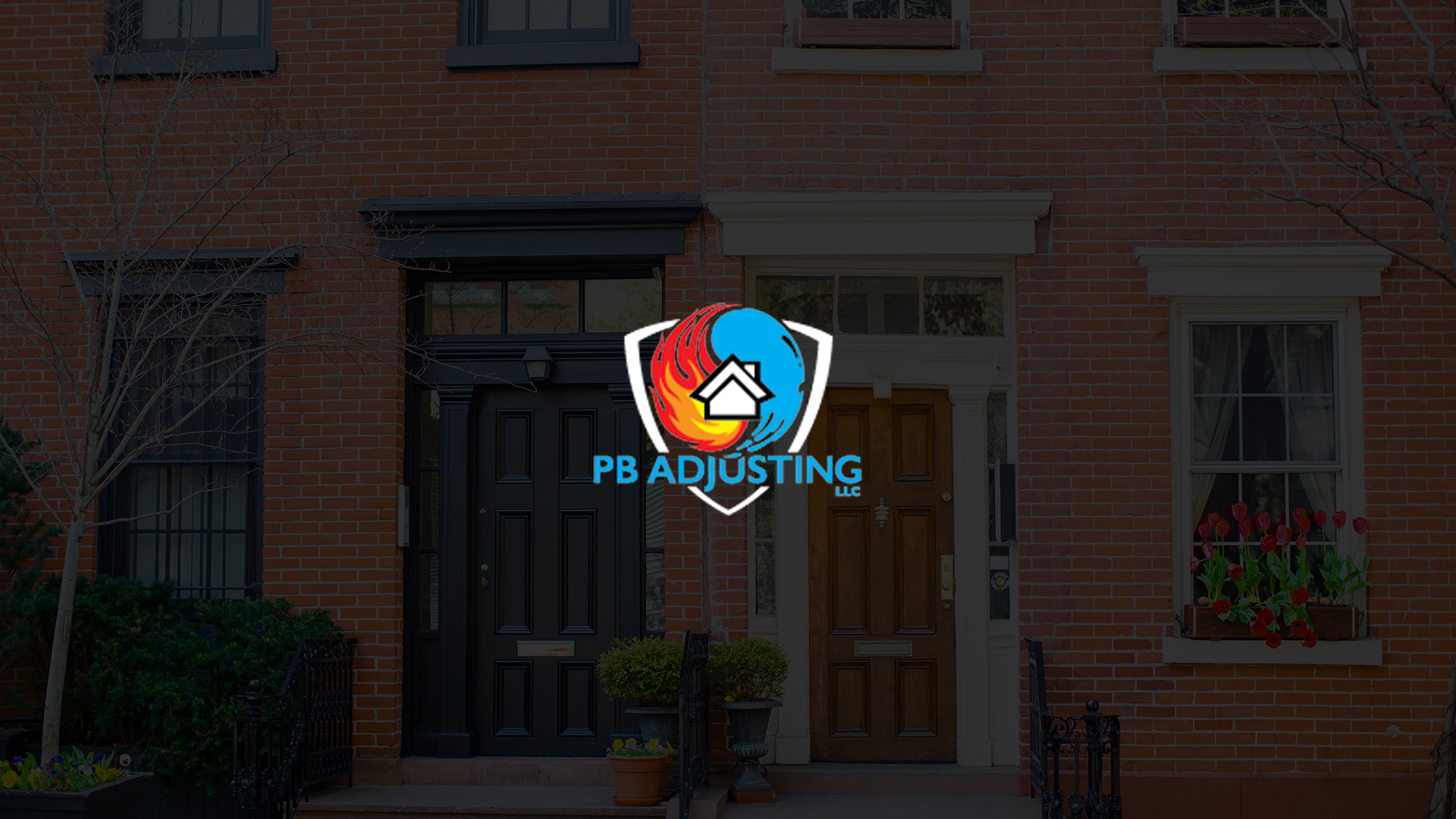Public adjusters are paid on a contingency fee basis. This means that they do not charge any money up front, and they only get paid if and when a settlement check is received from the insurance company. If the claim is denied and the insurance company doesn’t issue a payment, the policyholder does not owe the public adjuster any money. The public adjuster’s fee will be a percentage of the amount they are involved in recovering, usually based upon the size of the claim.
Once the insurance check is received, the public adjuster may then collect their fee, so the customer doesn’t have to spend any money out of pocket. Larger catastrophic or business losses can range anywhere from 5 to 10 percent, whereas small to medium sized losses can range from 15 to 30 percent. The amount of the percentage fee may also be based upon whether or not the insurance company already issued a payment before the public adjuster became involved.
The complexity of the claim usually increases when the public adjuster must convince the insurance company that they did not pay the claim properly the first time. If the customer has already received an insurance payment before deciding to hire the public adjuster, the public adjuster will only collect a fee on monies they were responsible for covering. The public adjuster will not be owed a fee on any money the customer received before hiring the public adjuster.

